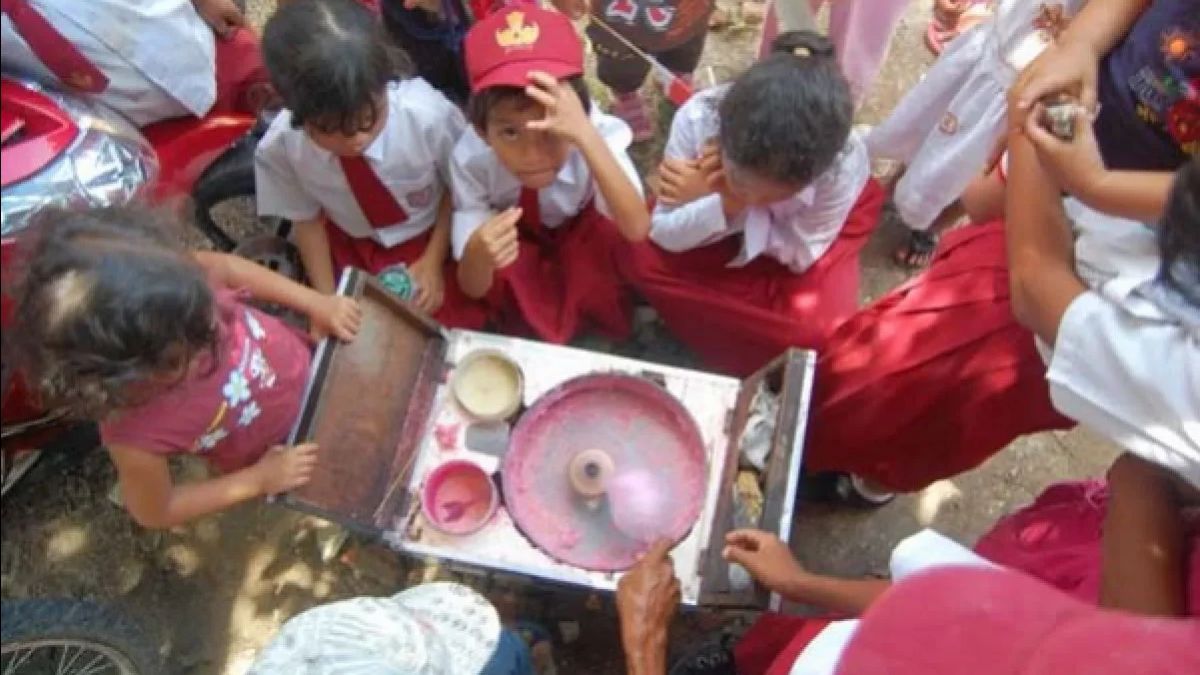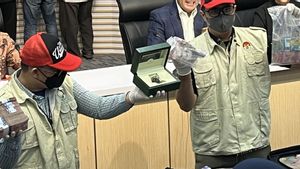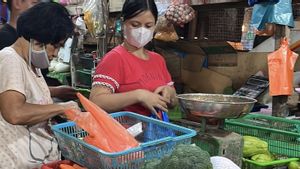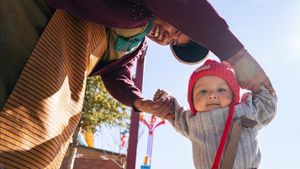The Faculty of Pharmacy (FF) of the University of Indonesia (UI) provides education on how to choose children's snacks to avoid the content of medicinal chemicals that are harmful to health.
"We have heard about the issue of using bolax in meatballs and the formaldehyde on noodles so far. In addition, it turns out that there are other things to watch out for, namely the content of Drug Chemicals (BKO) contained in food or snacks consumed by children," said FF UI lecturer Dr. apt. Baitta Palanggadani, M.Si., at the Depok UI Campus, Friday, November 17, confiscated by Antara.
According to him, traditional medicines that are safe and quality should not contain medicinal chemicals or BKO. BKO is a chemical substance that is usually added to the preparation of traditional or herbal medicines to strengthen indications of traditional medicines.
"However, until now the Food and Drug Supervisory Agency (BPOM) still finds traditional medicinal products that are deliberately mixed with chemicals by producers to make them more effective," he said.
Baitha, who is also the Head of the FF UI Community Service Team (Pengmas), said that together with the team, they carried out socialization of hazardous chemicals in traditional foods and medicines in Sasakpanjang Village, Bogor Regency.
Untuk meningkatkan pengetahuan dan kesadaran masyarakat, pengabdi menghadirkan narasumber yang merupakan Guru Besar FFUI di Bidang Kimia Farmasi, yaitu Prof. Dr. apt. Hayun, M.Si., yang juga merupakan salah seorang Tim Pengmas FFUI.
“BKO is a synthetic compound or can be a chemical product derived from natural ingredients, commonly used in modern medicine. BKO was found in traditional medicines circulating in the market, due to the low compliance of producers with the provisions in the traditional medicine sector, the existence of unhealthy competition in increasing sales of its products and the public's desire to get well quickly, ” said Hayun.
Furthermore, he said, the danger from this BKO was that the dosage was inappropriate and there could be interaction between BKO and active substances from traditional drugs, so that it could cause side effects.
Some of the side effects caused include irritation of the digestive tract, liver or kidney damage, visual impairment, or disorders of the rhythm of the heart rhythm.
He added, in this case BPOM continues to strive to eradicate the circulation of traditional drugs containing BKO.
Several BPOM findings related to BKO in traditional medicines, namely traditional medicines intended for linu / encok / rematics are often added phonilbutaron, antalgin, deksametason, and others.
In traditional medicines that are claimed to be used as a pelagsing, HCl's sibutramine is often added. Meanwhile, in traditional medicines that are claimed to be used as male strong drugs, cyldenability of the sitrate is often added.
Apart from BKO, it is also explained that it is also related to harmful substances in children's snacks. These dangerous substances, such as bolaks on meatballs, formalin on noodles and tofu, rhodamine B and methanil yellow.
Prof. Hayun said that the dangers caused if children consume these substances are nausea, vomiting, stomach pain, diarrhea, and liver and kidney damage.
VOIR éGALEMENT:
The English, Chinese, Japanese, Arabic, and French versions are automatically generated by the AI. So there may still be inaccuracies in translating, please always see Indonesian as our main language. (system supported by DigitalSiber.id)
Tags les plus populaires
#Palestine #Hasto Kristiyanto #free nutritious food #patrick kluivert #tangerang sea fencePopulaire
18 Januari 2025, 00:16
18 Januari 2025, 01:16

















